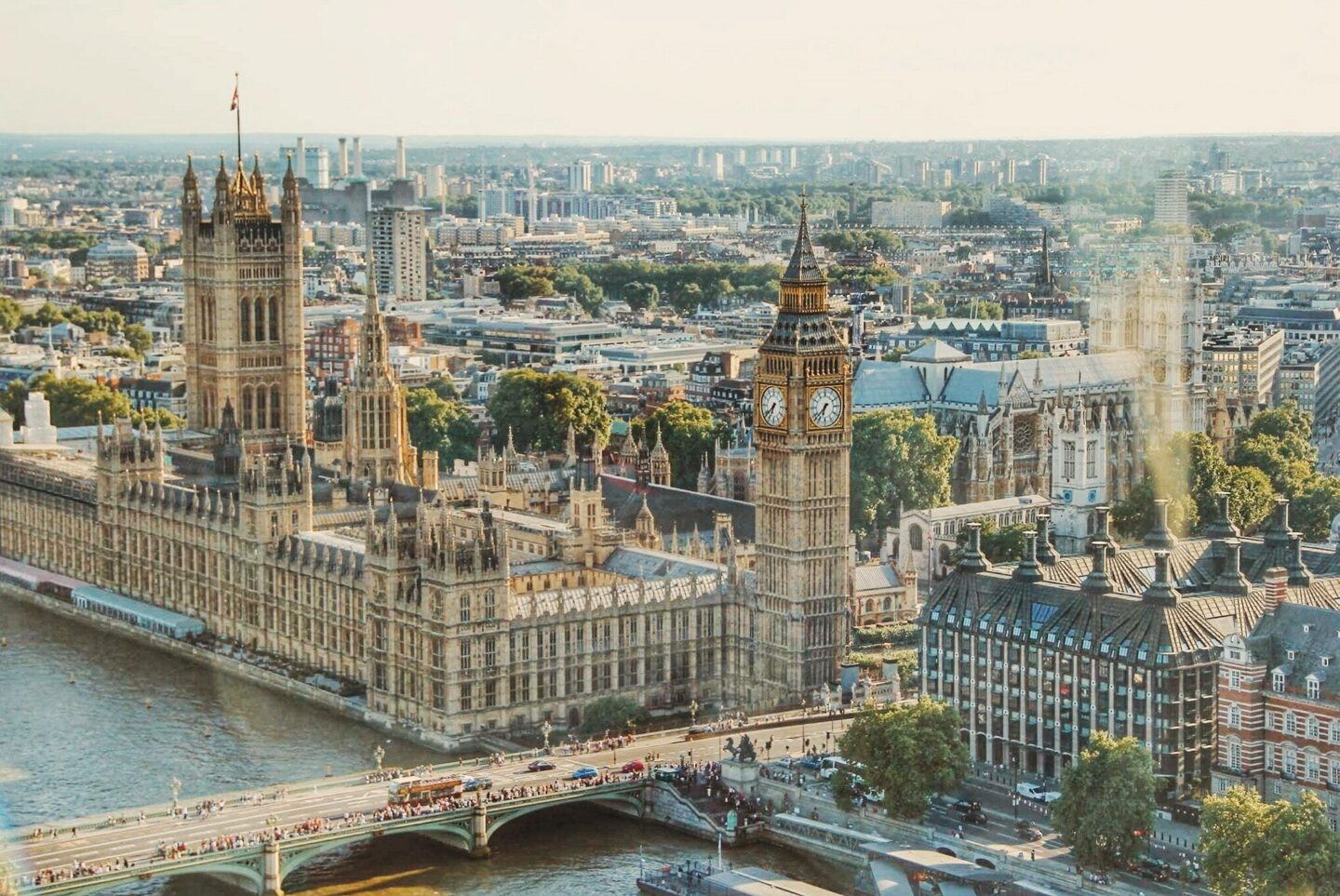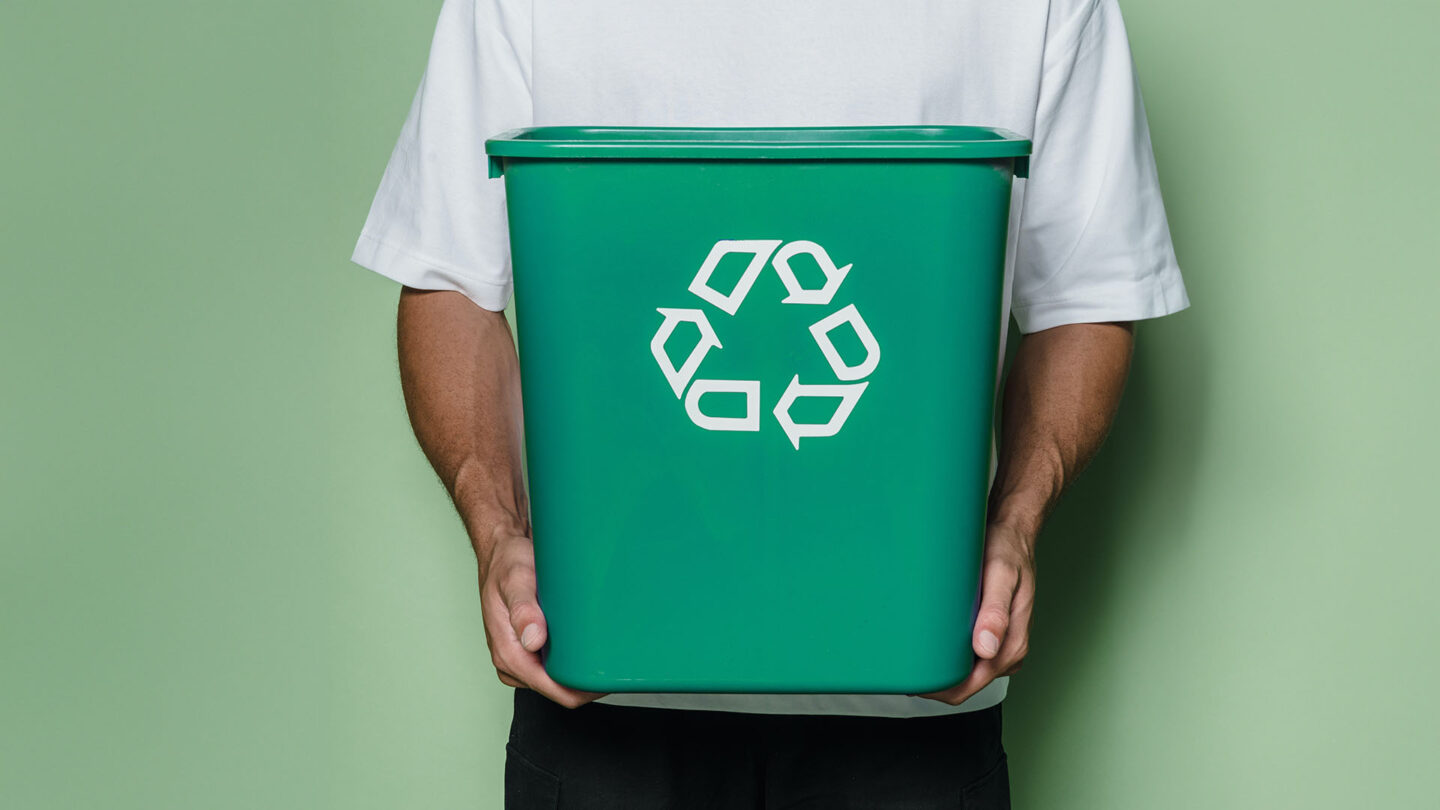Monday 16th October 2023
Professionals dealing with waste and recycling are set to see significant changes in the next five years, as a raft of new regulations are set to impact the sector. Things got a whole lot more confusing after Rishi Sunak’s comments on recycling bins, during his net-zero speech on 20th September.
Worry not, Recorra are here to help. Over the next 4 weeks we will be releasing a series of blogs to help explain these changes and their relevance and impact on Recorra customers. Although not everything is set in stone yet, we’ll do our best to simplify the jargon and keep you in the loop.

Picture of British Parliament & Big Ben
Underpinning all the upcoming changes is Michael Gove’s ‘25 Year Environment Plan’, which was published by DEFRA in 2018. This led to proposals resulting in the 2020 ‘Circular Economy Package’ and the passage of the Environment Act in November 2021. In summer 2023, the Government also announced that it plans to extend a requirement to buy CO2 releasing permits to energy from waste facilities that burn domestic and commercial waste.
These proposals are very detailed, but collectively, these changes will impact recycling and waste management in seven key areas:
- Rules to make packaging producers pay for the cost of dealing with packaging at the end of its life. Known by the term Extended Producer Responsibility, or EPR for short – slated to fully come into force from 2025.
- Enabling the introduction of a Deposit Return Scheme (DRS) for cans and plastic bottles – planned for October 2025.
- Bans and charges on certain materials that are prone to littering and are hard to recycle.
- Ensuring consistency in what recycling is collected in homes and workplaces, to avoid the current confusion of multiple different local authority and commercial systems across the UK – the implementation date of which is yet to be confirmed.
- Setting up a digital waste tracking scheme so that we can measure all waste streams from origin to final destination – beginning in 2024/5.
- Enacting a legal target to recycle 65% of waste by 2035.
- Increasing general waste disposal prices (but not recycling), through charges for CO2 permits, that energy from waste facilities will be required to buy – likely from 2028.
Even though some of these dates seem quite some time away, we can already start to see the impacts.
From this month (October 2023), the sale of certain single-use plastics, such as plastic cutlery and polystyrene meal boxes, of which only a tiny proportion can be recycled, have been banned. You should no longer see these items in your bins.

Man holding recycling bin
We have also seen how the concept of EPR is already driving packaging producers to alter packaging design, to remove hard-to-recycle items. For example, many yoghurt pots, which used to be made from hard-to-recycle hard polystyrene, are now being made from easy-to-recycle polypropylene. Not something that everyone will notice, but a big deal for recyclers. This will ultimately help save everyone money and keep usable materials in use for longer.
As for the national recycling rate target, with a current overall national recycling rate of around 45%, it will be tough, but not impossible, to hit the 65% target. However, achieving this target depends heavily on successfully implementing all the upcoming measures.
For Recorra and our customers, we’ll delve into the details and the immediate impacts of EPR, DRS, consistency of collections and everything else, in more detail in our upcoming series of blogs. Watch this space.
Want to find out more? Check out next weeks blog here.
